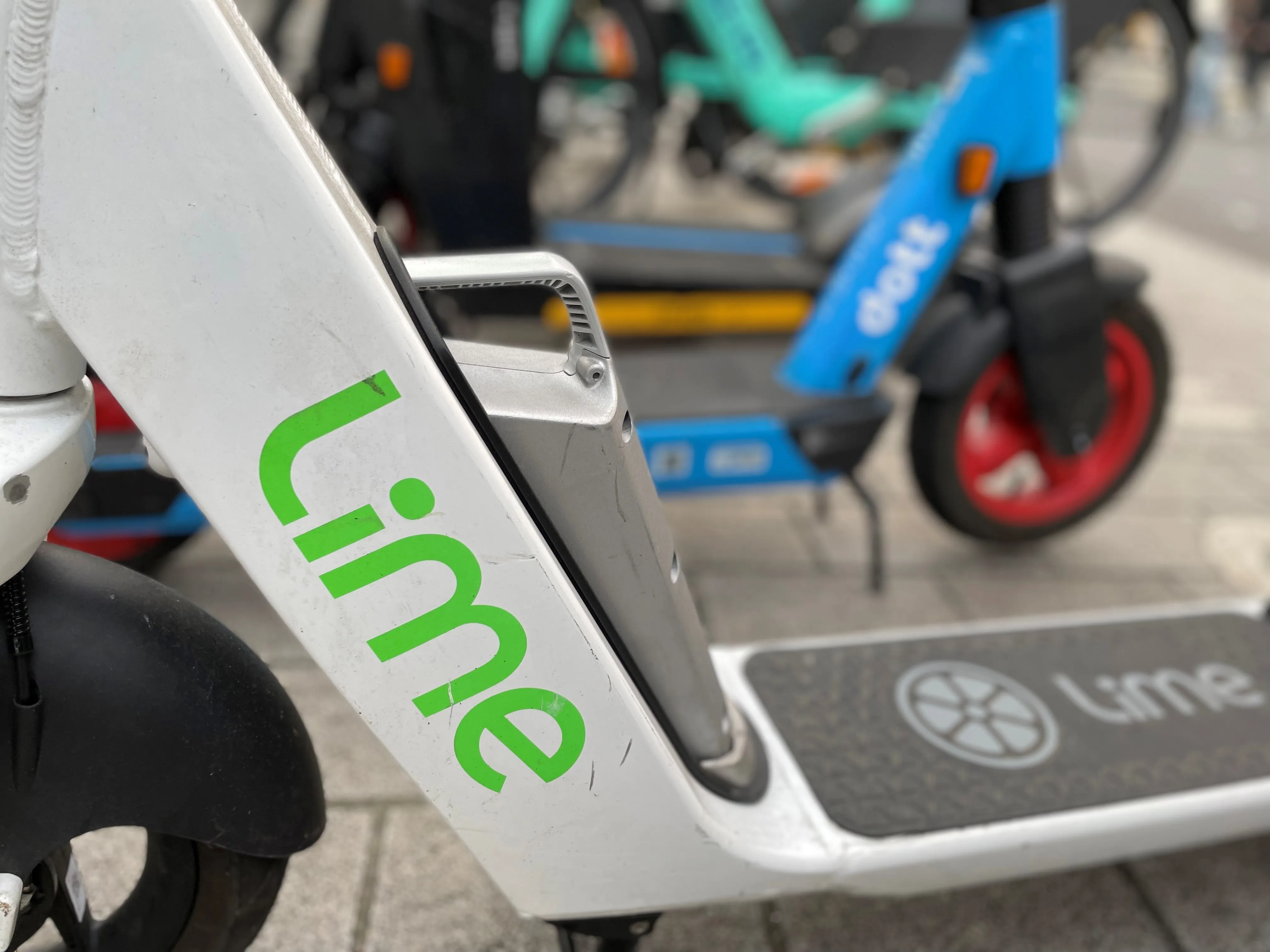Tests of a new drug testing kit are now being carried out by the police. A number of parallel trials are being carried out of the kits, which can detect a number of illegal drugs. The kits are manufactured in the UK and are already supplied to police forces in Australia and Italy, where they have been used successfully for some time. Should the UK trials prove successful the kits will be introduced across the country during early 2012.
April 20, 2012
Read time: 2 mins
RSSTests of a new drug testing kit are now being carried out by the police. A number of parallel trials are being carried out of the kits, which can detect a number of illegal drugs. The kits are manufactured in the UK and are already supplied to police forces in Australia and Italy, where they have been used successfully for some time. Should the UK trials prove successful the kits will be introduced across the country during early 2012.
At present UK police forces have to carry out physical ability and aptitude tests on drivers suspected of being under the influence of drugs, such as asking them to balance on one foot. However kits for testing whether drivers are under the influence of alcohol have been in use for over 30 years. Studies in the UK have suggested that up to 10% of drivers aged from 18-29 may be under the influence of illegal drugs while at the wheel, with similar results being reported across Europe and North America.
A new report says that around 1.2 million drivers in the UK may have driven under the influence of drugs, some 35% with cannabis and 15% with cocaine. There is concern that the safety focus on speed by installing speed cameras has reduced the numbers of police patrolling the roads and has led to a subsequent increase in the number of people driving under the influence of drugs.
At present UK police forces have to carry out physical ability and aptitude tests on drivers suspected of being under the influence of drugs, such as asking them to balance on one foot. However kits for testing whether drivers are under the influence of alcohol have been in use for over 30 years. Studies in the UK have suggested that up to 10% of drivers aged from 18-29 may be under the influence of illegal drugs while at the wheel, with similar results being reported across Europe and North America.
A new report says that around 1.2 million drivers in the UK may have driven under the influence of drugs, some 35% with cannabis and 15% with cocaine. There is concern that the safety focus on speed by installing speed cameras has reduced the numbers of police patrolling the roads and has led to a subsequent increase in the number of people driving under the influence of drugs.









